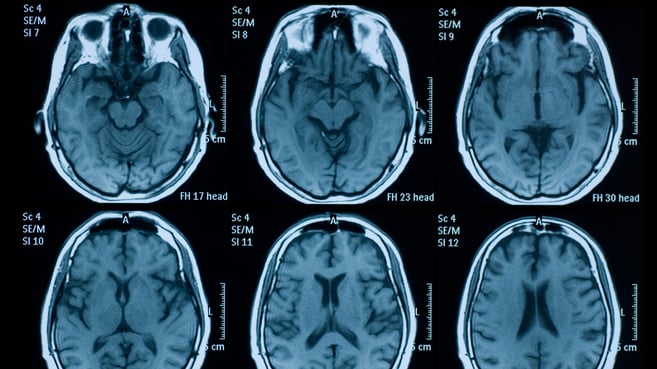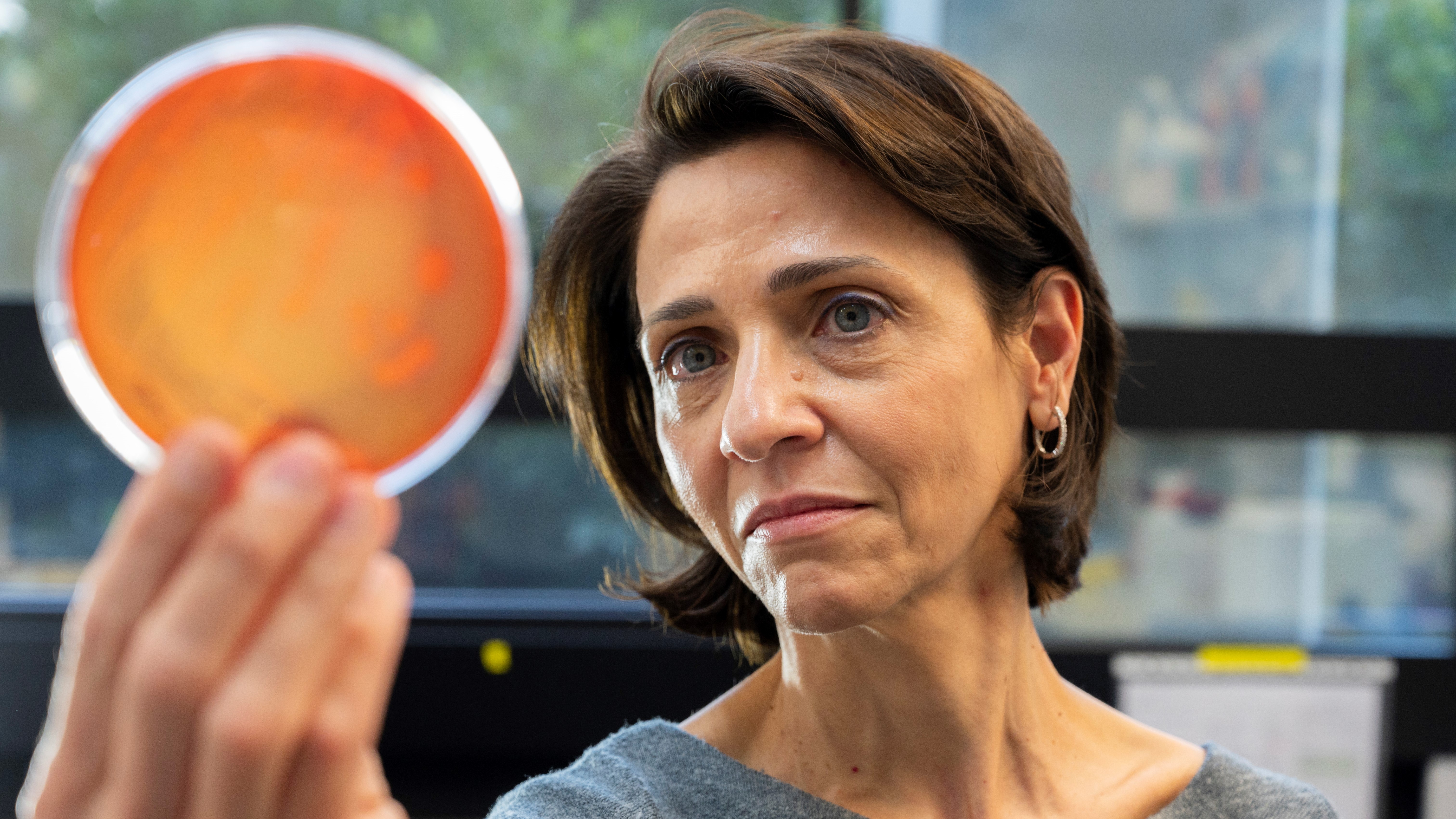A research group of the Institute of Agrochemistry and Food Technology, located at the Parc Científic de la Universitat de València, has patented the intestinal bacteria, licensed in the French biotechnology company LNC Therapeutics, which could be applied in the treatment of depression and anxiety
The Microbial Ecology, Nutrition and Health group at the Institute of Agrochemistry and Food Technology (IATA-CSIC), headed by researcher Yolanda Sanz, focuses on the investigation of the human microbiome, i.e. the microorganisms and genes that cohabit the body. Specifically, the group has contributed to clarifying the role played by the intestinal microbiota in the transition from health to disease, through its interaction with diet and the immune and neuroendocrine systems of the human organism. The pathologies investigated include a broad spectrum ranging from obesity to neurological conditions.
The study of the intestinal microbiota -the set of microorganisms that live in the intestine- has opened a horizon of knowledge about the natural causes of the connection popularly known as the gut-brain axis, which has been shown to have a direct relationship in the development of diseases such as depression or anxiety, among others. In other words, the brain and the intestine are interconnected with an intensity that makes it possible to tackle the problems traditionally associated with psychiatric or psychological science from a completely innovative and complementary perspective.
The group has contributed to elucidating the role of the gut microbiota in the transition from health to disease through its interaction with diet and the immune and neuroendocrine systems of the human body.
As Sanz explains, "the intestinal microbiota protects us against the impact of adverse environmental factors (deficient diets, antibiotics, infectious agents, etc.) and interacts with various organs and systems, regulating multiple physiological functions (metabolic, immune, neural, etc.) that are key to our health."
"As a consequence, numerous studies show that disturbances in the intestinal microbiota can break this symbiotic relationship and contribute to the development of various diseases, from intestinal pathologies to many other metabolic, mental, autoimmune, etc.", she lists.
Motivated by the scientific, social and medical importance that diseases such as diabetes or obesity have acquired, and the social repercussion that mental health has gained, the scientific community has suggested that the intestinal microbiota could play a vital role in finding treatments for neurodegenerative, metabolic and psychiatric diseases, including mood disorders associated with stress, such as depression and anxiety.
"The intestinal microbiota protects us against the impact of adverse environmental factors (deficient diets, antibiotics, infectious agents, etc.) and interacts with various organs and systems, regulating multiple physiological functions (metabolic, immune, neural, etc.) that are key to our health," Yolanda Sanz, researcher at IATA-CSIC and coordinator of the research
 Research projects show the influence of gut bacteria on the brain. Photo: iStock.
Research projects show the influence of gut bacteria on the brain. Photo: iStock.
Yolanda Sanz's team is working on the selection of key gut bacteria that could provide health benefits and could be used to design dietary strategies that, by modulating the microbiome, reduce the risk of disease. In 2020, Sanz's group patented the bacterium Christensenella minuta, present in the gut of healthy individuals, which could be used to prevent or treat mood disorders such as depression and anxiety. The patent was licensed to LNC Therapeutics, a French biotech company specializing in research and drug development in the area of the gut microbiome.
"In early trials we observed that the Christensenella minuta species was a good producer of serotonin in vitro; this was an interesting finding because this neurotransmitter is in low concentrations in subjects suffering from depression and in those suffering from stress, which is a risk factor for the development of depression; and it plays a crucial role in the regulation of emotions. It also plays an important role in cognitive capacity," says Sanz.
"On the other hand, when we evaluated its effects in vivo, in an animal model of depression induced by chronic social stress (a model that resembles bullying in humans), we observed that this bacterium not only increased serotonin production, but also reduced both stress-induced corticosterone overproduction and vulnerability to stress and depressive behavior," she adds. The results are promising and open up a promising avenue for multidisciplinary research.
In 2020, Sanz's group patented the bacterium Christensenella minuta, present in the gut of healthy individuals, which could be used to prevent or treat mood disorders such as depression and anxiety.
Keys to the gut-brain axis
The intestine is considered the most important immune organ in the adult, since it contains most of the body's immunocompetent cells, and it has also been found to be the second most important organ in terms of neurons. This discovery gave rise to the denomination of the intestine-brain axis.
The bidirectional communication between the intestine and the brain is based on the connection of endocrine, immune and neural networks that serve as a conductor channel to transport information on the state of the functions of various organs and the state of health.
Sanz points out that the microorganisms in the intestine and the metabolites generated from the digestion of food (neurotransmitters or their precursors, short-chain fatty acids, etc.) are part of the biological and chemical stimuli that intervene in these signaling routes and that can modify essential functions, such as the endocrine response to stress (production of cortisol), the immune response (production of pro- or anti-inflammatory proteins) and emotions and behavior in a stressful or traumatic situation.
"If the communication processes between the intestine and the central nervous system are understood in depth, we will be able to understand the reactions that occur in our organism as a result of traumatic or dysfunctional situations, and we will be able to operate precisely on the specific problem," the researcher predicts.


